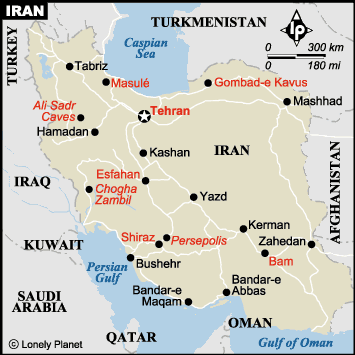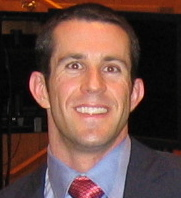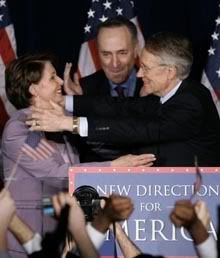
“Congress shall make no law respecting an establishment of religion, or prohibiting the free exercise thereof; or abridging the freedom of speech, or of the press; or the right of the people peaceably to assemble, and to petition the Government for a redress of grievances.”So reads the First Amendment of the Bill of Rights. However, the Constitution does not prevent employers from encroaching upon the free speech of their employees. Even so, most Americans assume their right to free speech is protected in all aspects of their life – including their jobs. The reality is quite different.
A factory worker named Lynn Gobbell was fired in 2004 when her employer, a George Bush supporter, objected to her John Kerry bumper sticker. Edward Blum, a stockbroker with Paine Webber in Houston during the 1990s was fired because he actively opposed affirmative action on his own time. A flight attendant with Delta Airlines lost her job when the airline disapproved of her personal blog. Those are but a few examples cited by Bruce Barry, the author of Speechless: The Erosion of Free Expression In the American Workplace, published by Berrett-Kohler.
Barry utilizes case law and history to illustrate how freedom of speech has diminished for Americans at their jobs. A Professor of Management and Sociology at Vanderbilt University as well as president of American Civil Liberties Union of Tennessee, Barry contends the legal concept known as “at will” is perversely imbalanced in favor of employers. In his introduction Barry writes,
“Work is where most adults devote significant portions of their waking lives, and where many forge the personal ties with other adults through which they construct their civic selves. Yet work in America is a place where civil liberties, including but not limited to freedom of speech, are significantly constrained, even when the exercise of those liberties poses little or no threat to the genuine interests of the employer.”As the 21st century progresses, a whole generation entering the workforce have public personalities from the Internet and blogs. Increasingly, ordinary citizens through online access are having their opinions published in editorials and websites that employers may find objectionable or potentially damaging to their business. Meanwhile, traditional free speech issues on the job remain such as union organizing and lifestyle discrimination.
Barry respects the desire of employers to maintain efficiency and preserve the profitability of their business. He also doesn’t believe employers are conspiring to undermine the First Amendment. Rather, Barry contends that American civil society could benefit from a conversation about the imbalance that currently exists in favor of employers. He further advocates that employers themselves would benefit from not reflexively terminating employees based upon speech.
Barry agreed to a podcast interview with me about his book and the issue of free speech in the workplace. Among the topics covered during our conversation were the different protections for public and private employees, his opposition to the "at will" doctrine and how free speech in the American workplace differs with our counterparts in other democracies. I also asked him about the specific risks to bloggers and what we can do to strengthen our rights.
Please refer to the media player below.
This interview can also be accessed via Itunes by searching for Intrepid Liberal Journal.
*****************************************************************************
ADDENDUM: My thanks to Cernig for linking this post in today's blogroundup at Crooks and Liars. Cernig is doing the bloground up for C&L this week while Mike is away and also linked this post at their own fine blog, Newshoggers.



